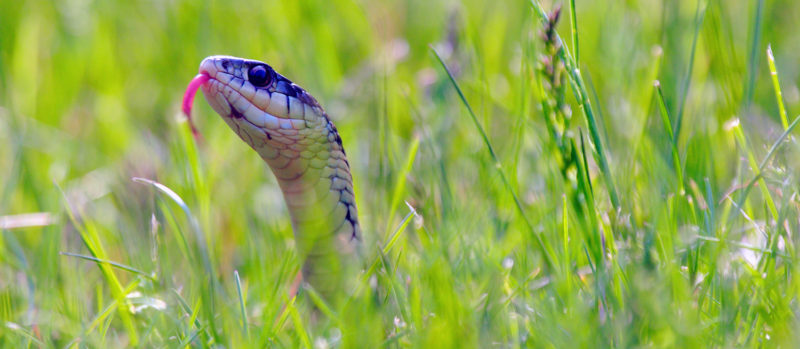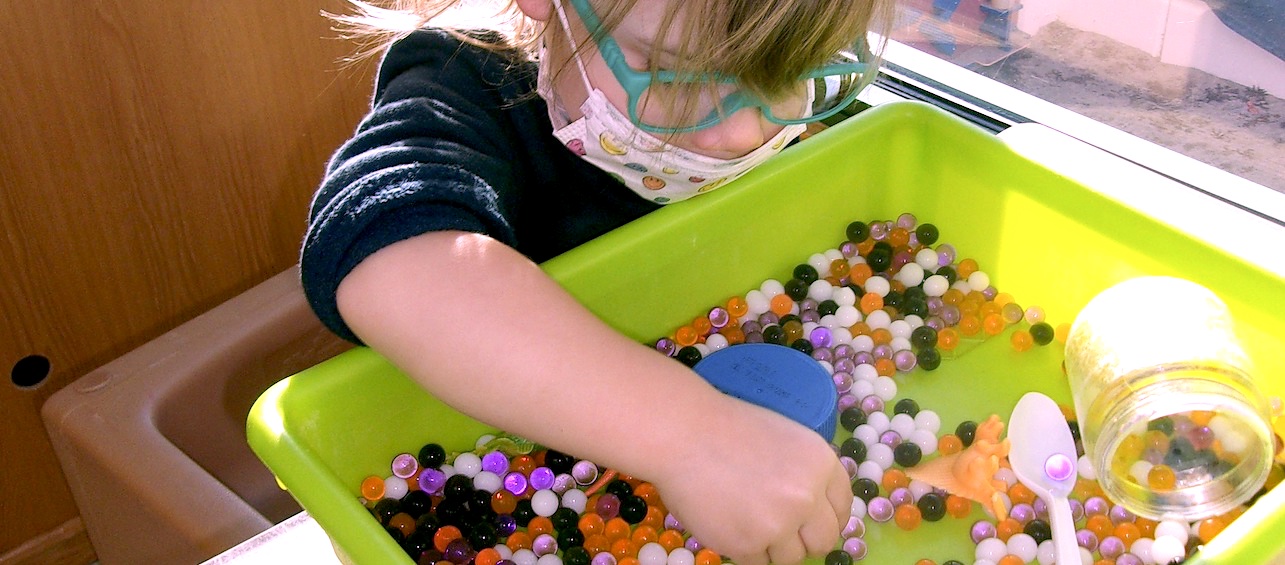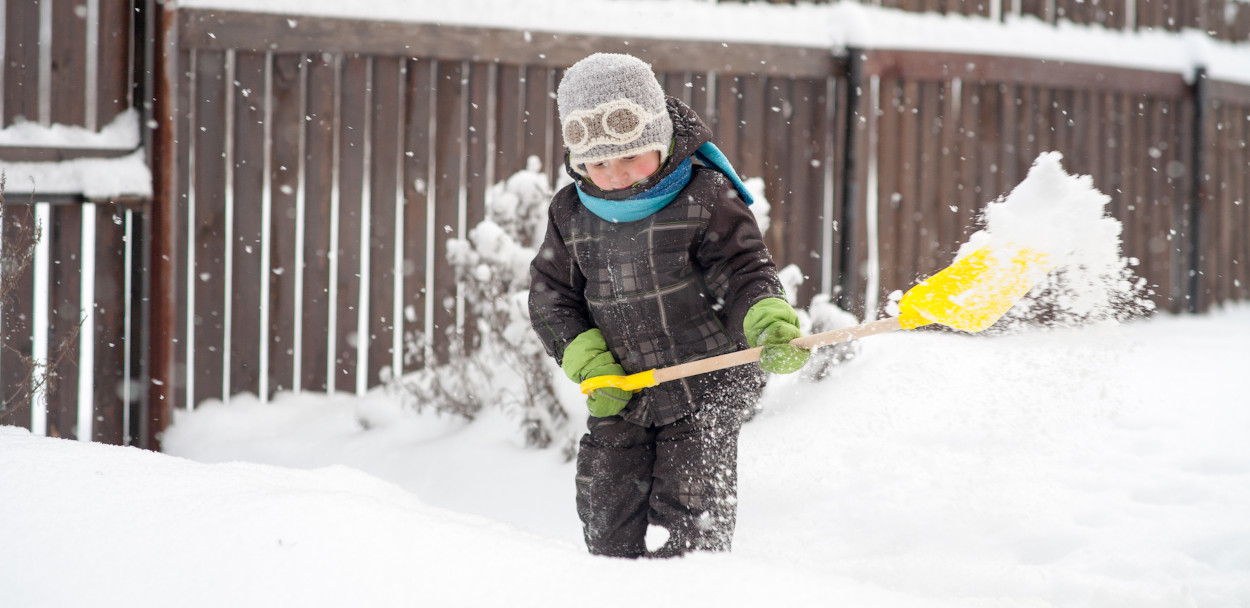Unless you live in a region of the United States that’s known for venomous snakes, you probably don’t spend a lot of time thinking about snake bites.
But knowing how to prevent them and what to do if bitten are important because common misconceptions about snakes can make the bite worse.
It’s crucial to be aware of these things even if you live in a region like Cincinnati, where venomous snake bites are uncommon, because you might vacation in an area where they reside. I recommend taking a few minutes to review the following information so that you’ll be better prepared if you encounter one at home or on vacation:
Background on Snakes in the United States
First, let’s review the venomous snakes found in the U.S. These include rattlesnakes, copperheads, cottonmouths or water moccasins, and coral snakes. Each of these snakes have a particular region of the United States in which they reside. They do not live in all areas throughout our country.
Around 7,000–8,000 people per year are bitten by venomous snakes in the U.S. Poison centers receive thousands of calls about snake bites each year, typically between May and September. At our Cincinnati Drug and Poison Information Center we received 48 calls over the last five years.
Venomous snake bites are unusual in the Cincinnati area but people should be vigilant when outdoors and take the proper precautions.
Steps to prevent snake bites
1. Wear the right gear
To prevent a snake from biting your feet or legs, wear loose, long pants and high, thick leather or rubber boots when walking through snake-prone areas. If you’re doing yard work or collecting sticks for a fire, wear leather gloves to prevent them from biting your hands.
2. Avoid scaring a snake
Snake bites typically happen when someone accidentally steps on them or when they are frightened. To avoid this, it’s best to take extra precaution when they’re more active – at night and in warm weather. Also stay away from areas where they could be hiding, like tall grass, piles of leaves, rocks, and brush. If you need to walk through tall grass or weeds, use a stick to poke at the ground in front of you to scare them away. If you’re out at night, shine a flashlight on the path in front of you.
3. Use the buddy system
If you’re headed out in an area known for venomous snakes, make sure to take someone with you. That way, if you are bitten by a snake or have another emergency, someone else will be there to help you. Remember to charge your phone and stay where you can still get a signal.
4. Avoid touching or handling a snake
It sounds like an obvious tip, but never pick up a snake, even if you think it is dead or nonvenomous. Recently killed snakes are still able to bite by reflex — even detached snake heads!
What to Do If Bitten By A Snake
DOs
- DO try to keep your child still and calm.
- DO call the poison center immediately (800) 222-1222. Every snakebite is different. We can determine next steps based on the situation. If your child needs immediate care, we can tell you where to go and call ahead.
- DO call 911 immediately if your child is having trouble breathing or losing consciousness.
- DO ask someone to drive you to the nearest ER if you are in a remote location and do not have mobile phone service.
- DO keep the part of your child’s body that was bitten straight and at heart-level, unless told otherwise by the specialist at the poison center.
- DO take off all tight clothing and any jewelry.
- DO wash the bite with soap and water and cover it with a clean, dry dressing (if available), so long as it does not cause a delay in getting treatment.
- DO try to remember the color and shape of the snake, but don’t move closer to it. This can help us determine the best treatment. Only take a photo if you can do so from a safe distance.
- DO note what time the bite happened.
DON’Ts
- DON’T attempt to pick up, kill, or trap the snake.
- DON’T apply a tourniquet or attempt to restrict blood flow to the affected area.
- DON’T cut the wound
- DON’T attempt to suck out the venom.
- DON’T apply heat, cold, electricity, or any substances to the wound.
- DON’T give your child any medicines or caffeinated beverages.
If your child has been bitten by a snake, please call your Drug and Poison Information Center at 800-222-1222. We will learn more about the situation and help you determine the best next steps to take





